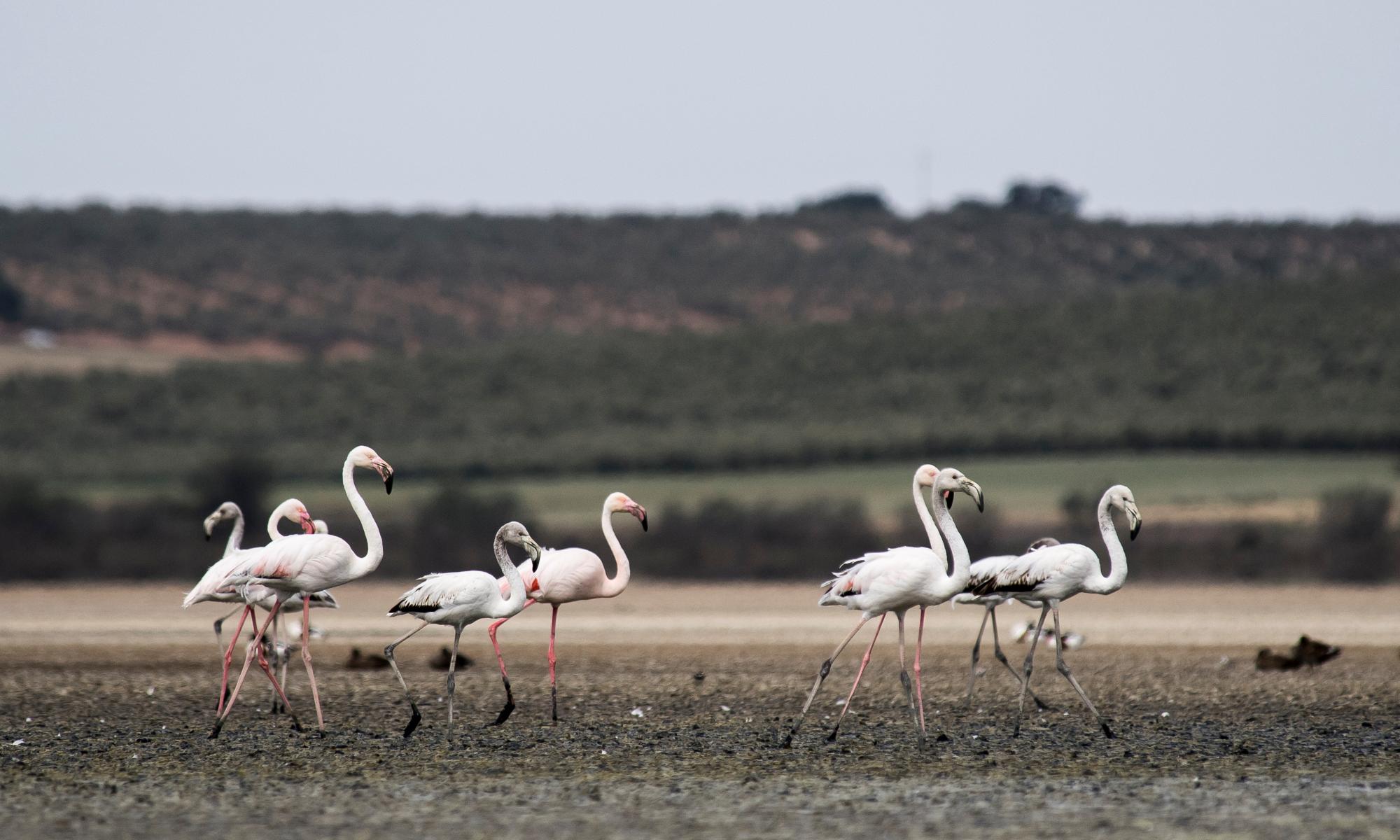Former resources minister Matt Canavan repeatedly delayed releasing documents about his interactions with coal lobbyists until he resigned his post, rendering a freedom of information request void.
The case again highlights a significant flaw in Australia’s FOI regime, which makes it exceedingly difficult to access documents held by a minister if they shift portfolios or resign.
In November, the Australian Conservation Foundation sought access to all records of Canavan’s interactions with New Hope Coal and its lobbyists in the weeks leading up to the announcement of a crackdown on the use of secondary boycotts by environmental activists.
The minister identified six relevant documents but asked for more time to consult third parties. But the ACF says the deadline came and went without it receiving any response.
Last week, following Canavan’s resignation as minister, ACF campaigner Christian Slattery contacted the Department of Industry, Science, Energy and Resources for an update. He was told the request was now void because Canavan no longer held the office and the documents had not been kept by his successor, Keith Pitt, meaning they were “no longer in the possession of a minister”.
The decision has frustrated Slattery, who said the public had a clear right to know how Canavan had interacted with industry before the activist crackdown.
“The public has a right to know who is lobbying our elected representatives,” he told the Guardian. “In this instance, the government has used Australia’s broken FOI laws to try to hide the influence of the coal industry over our politics.”
The department denied suggestions that the delays constituted a breach of the FOI act. In a statement, it said it understood the ACF’s FOI request was processed in a way that complied with FOI law and “all statutory timeframes”.
“Following the resignation of Senator Canavan, the FOI applicant was advised that the FOI request could no longer be processed as the documents sought were no longer in the possession of a minister,” the statement said.
The matter has been referred to the office of the Australian information commissioner, which has confirmed to the ACF that it is conducting preliminary inquiries.
Slattery said the government had a “poor record” of hiding such information from the public. “The community has the right to expect much greater transparency from our politicians, who should be acting in the public interest, not the financial interests of big coal corporations,” he said.
The prime minister, Scott Morrison, announced plans for a crackdown on secondary boycotts during a lunch at the Queensland Resources Council in early November.
Morrison described such boycotts – which attempt to erode support for companies that provide services or finance to the fossil fuel industry – as an “insidious” threat to the Australian economy.
“Together with the attorney general, Christian Porter, we are working to identify a series of mechanisms that can successfully outlaw these indulgent and selfish practices that threaten the livelihoods of fellow Australians, especially in our rural and regional areas and especially here in Queensland,” he said at the time.
Groups such as the Human Rights Law Centre and the ACF immediately condemned the proposal as undemocratic and a bid to stifle a social movement fighting for Australia to take action on climate change.


